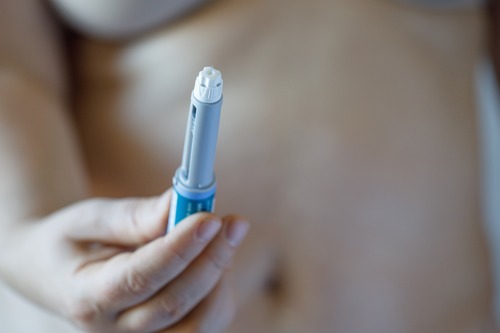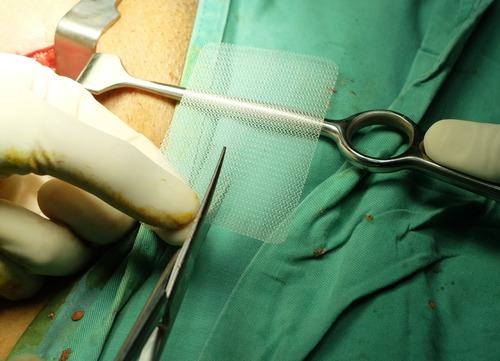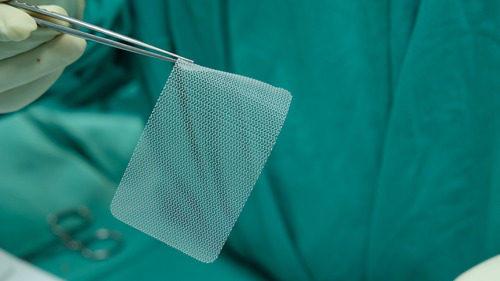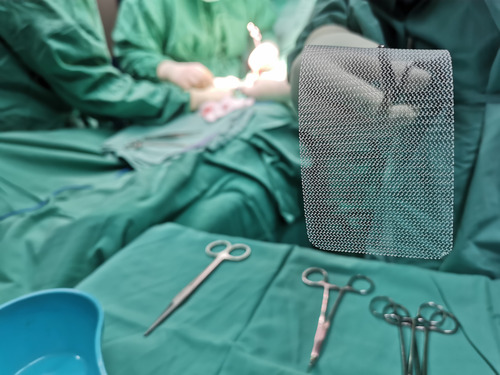Most people have either received a product recall notice at some point or heard about them on television. With so many products on the market today, it shouldn’t be surprising that more recalls are being issued. Most of the time, firms are trying to be proactive when they issue these product safety recalls. Other times, it is only done in response to the firm being sued by an injured consumer. If you have personally been harmed by a dangerous product, you should contact our office. You may be eligible to join a current class action lawsuit. Or your class action lawyer may be able to open a case for you.
Nobody should be harmed by the products they buy. Unless a product has been sufficiently tested, it should not enter the market. Unfortunately, so many companies release new products in order to keep up with their competition. They don’t always take the time or money to conduct the necessary testing. This is why there are so many class action lawsuits today. It’s also why there is such a big number of product safety recalls being issued.
Here, we’ll discuss some of the more common types of product safety recalls that are issued in the U.S. If you have questions about your own product liability case, give our office a call. We can always schedule your free, initial consultation.
Certain Products are More Likely to Have a Product Recall than Others
Our class action lawyers have been involved in all sorts of product recall cases. Some of our clients were injured by these dangerous products before the product recall was issued. Others were hurt despite the fact that the recall was issued. Just because a recall was issued doesn’t mean that consumers are aware of it. With so many products on the market, it can be hard to keep track of which ones are declared unsafe. Most of the time, recalls are issued because the FDA has declared a certain product to be unsafe. Many other recalls are issued because a manufacturing firm has been put on notice that one of their customers have been injured. Either way, a product recall likely falls into one of the five categories outlined below.
The Most Dangerous Type of Recall is a Class I Recall
A Class I recall involves a product that has proven to be dangerous for any consumer who uses it or is exposed to it. Specifically, Class I recalls are defined as applying to any product that has a reasonable probability of causing serious adverse health effects or death. These recalls may involve dangerous drugs or other unsafe medical devices. They may also include certain automobile recalls. For example, over the years, some vehicles have been declared so unsafe that the government demands they be taken off the market and recalled. An example of this is a vehicle that was taken off the market when manufacturers learned that it was prone to explode if a collision impacted a certain area of the vehicle.
Class II Recalls are for Products that Have a Remote Possibility of Causing Harm
These recalls are not as dangerous as a Class I recall. They typically involve products that can cause temporary or medically reversible injuries or illnesses. Unlike a Class I recall, the probability of any injury taking place is low. Or the adverse effects of the product are not all that serious. Usually, with this kind of recall, the manufacturer has the option of correcting the issue on a per-case basis. Other times, the firm can send out a coupon, en masse, so that all customers can get the issue repaired.
If a Product Suffers a Class III Recall, it Is More of a Precautionary Measure
While Class I and Class II recalls are rather serious, that is not the case with a Class III recall. Here, the product recall serves as a cautionary measure and nothing more. Either the injury it may cause is very minor, or the odds of someone getting hurt are nominal. We tend to see these recalls when the manufacturer is looking to cover their firm from legal exposure.
Some Firms Choose to Voluntarily Withdraw a Product from the Market
While the FDA or other government agency may order certain products to be taken off the market, there are other times when a firm does this voluntarily. There are some products that seem perfectly safe when they first appear on the market. However, the designer or manufacturer of the product realizes that they could have made the product safer if they had more information. Rather than a product recall, they simply take their product off the market. They make the necessary changes and then return the product back to the market as new and improved.
Medical Devices May Be Recalled for Safety Issues
If you watch the news, then you have probably heard about a host of medical devices that have been recalled for safety reasons. This usually happens after a class action lawyer initiates legal action. Or it could be a response to a firm’s insurance carrier warning them that there are grumblings about their product being dangerous. Our class action lawyers suggest that you treat these recalls as seriously as you would a Class I product safety recall.
Our Class Action Lawyers May Be Able to Help if You Were Injured by a Recalled Product
If you or your loved one have been injured by a dangerous product, you may have a claim for damages. of course, it depends on the nature and severity of the harm. It also depends on how the product was labeled and marketed. The only way to know if you have a potential case is to meet with one of our class action lawyers. They can review your case and do some research on the allegedly dangerous product. They can also let you know if there is an open class action lawsuit that you can join.
We suggest that you contact our office so we can schedule your free, initial consultation. Take the time to sit down with somebody who has handled dozens of these cases in the recent past. They are familiar with the current class action lawsuits and understand what your rights are. They can also give you an idea of what damages you may be entitled to.
Since our initial consultation is free, you have nothing to lose and everything to gain.







